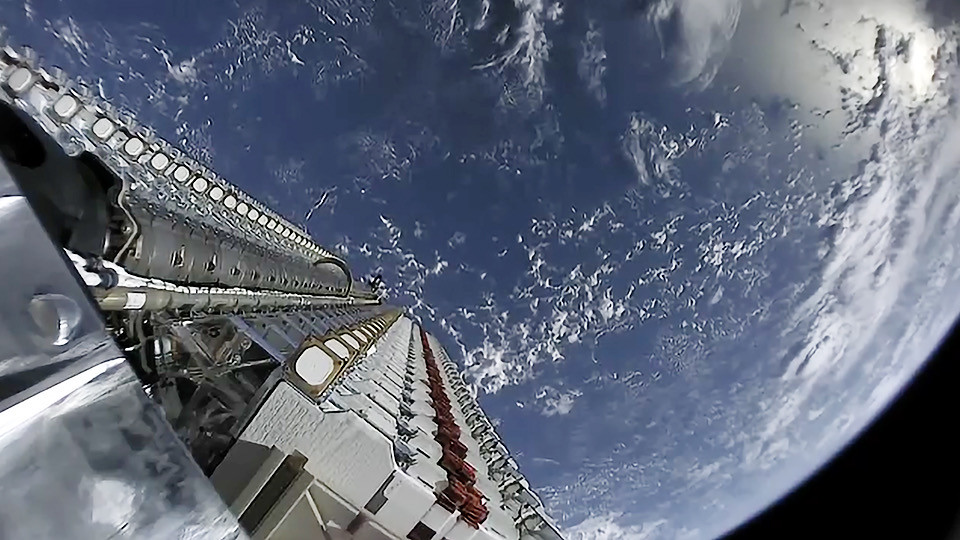Starlink Satellite will provide internet services in Qatar after signing an official agreement with Qatar’s Communications Regulatory Authority (CRA) on Wednesday.
The new collaboration aims to develop Qatar’s Information and Communications Technology (ICT) sector, as well as to encourage more foreign investment in the country, which will help Qatar achieve its National Vision 2030.
This license grants Starlink Satellite Qatar the right to provide satellite broadband internet services to individuals and businesses via SpaceX’s Low-Earth Orbit (LEO) satellite constellation, which provides comprehensive global Internet service coverage.
This satellite will provide direct-to-consumer satellite internet services and “Starlink Premium” services, which are intended specifically for businesses and high-demand users, offering download speeds of 150–500 Megabits per second (Mbps) and latency of 20–40 milliseconds (ms), along with other services that might be advantageous to the local mobile operators.
The license will also increase accessibility of telecommunications services in remote areas away from the mainland, particularly in oil and gas platforms at sea, ships, yachts, and aircraft. This will provide complementary and alternative telecommunications services for individuals, enterprises consumers, and emergency internet connections in major outages.
SpaceX’s Starlink satellite internet service has now rolled out to 32 countries, the company announced in May this year.
The service, which has been in operation since fall 2020, promises faster speeds and lower latency than other satellite providers. After a few years of launches, the company has a constellation of over 2,000 low-Earth orbit satellites.
Starlink has reportedly sent more than 15,000 terminals to Ukraine, a US ally, after Russia’s invasion in February.
Recently, following ongoing protests in Iran after the death of a 22-year-old Kurdish woman Mahsa Amini died in the custody of Iran’s morality police , Musk also claimed that Starlink would provide internet access to protesters after the state imposed internet restrictions.
However, Iran regards the Starlink terminals as a security risk and will not allow them into the country. To make Starlink work, thousands of Starlink terminals would have to be smuggled into Iran at a significant cost, most likely in the millions of dollars.
The Iranian foreign ministry last week described the United States’ lifting of some internet-related sanctions as an attempt to “violate Iran’s sovereignty. ”
On the same day, Iranian officials blocked Starlink’s website in Iran.







